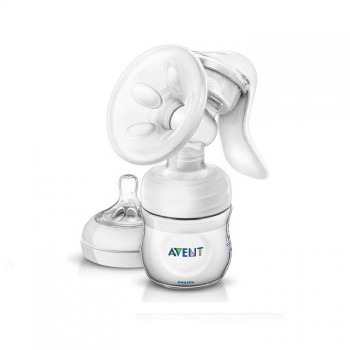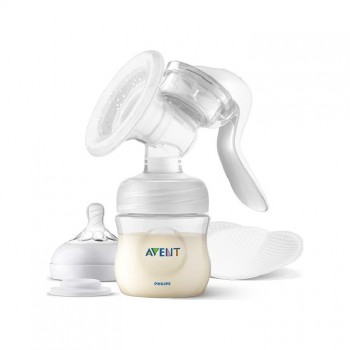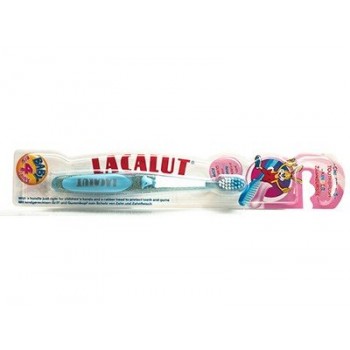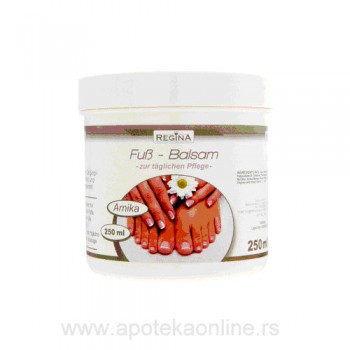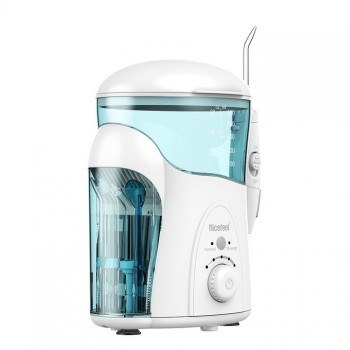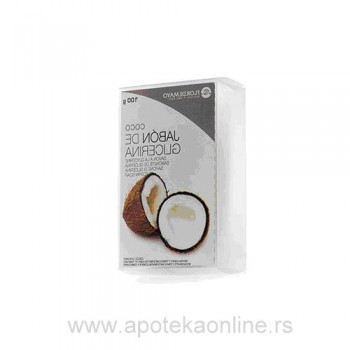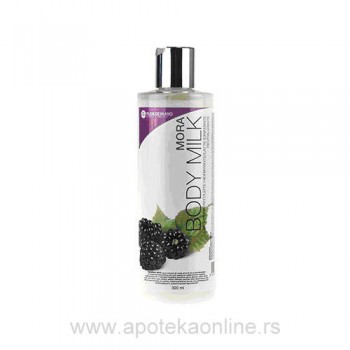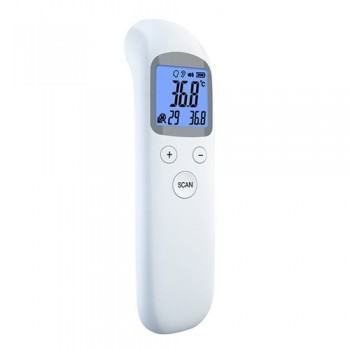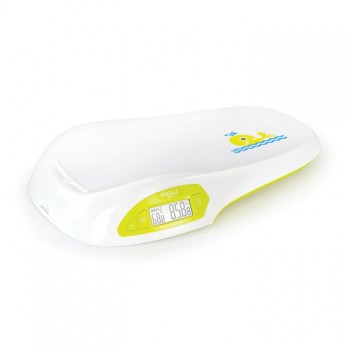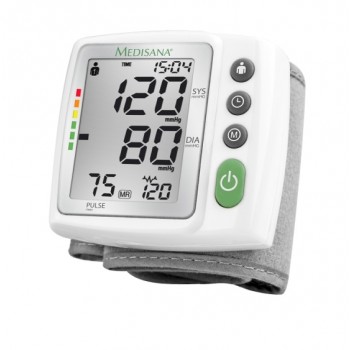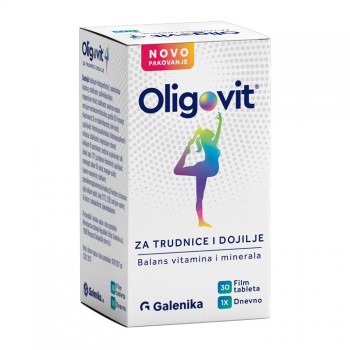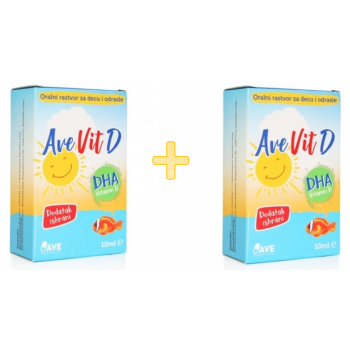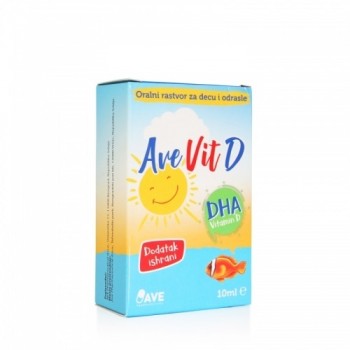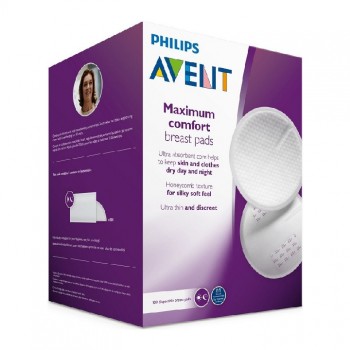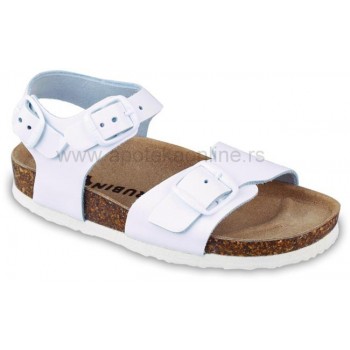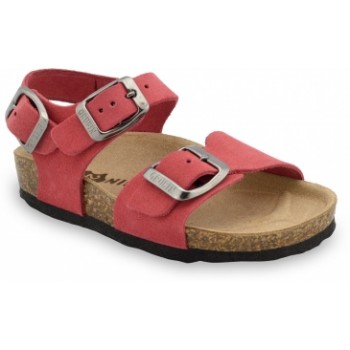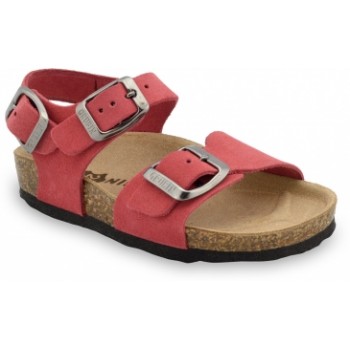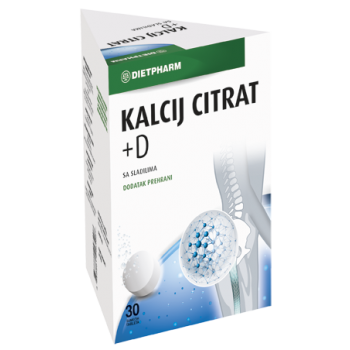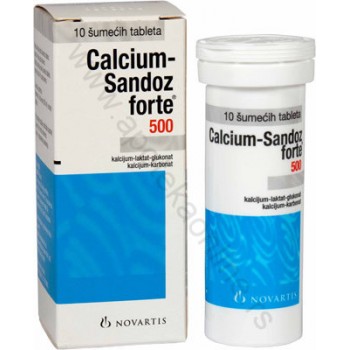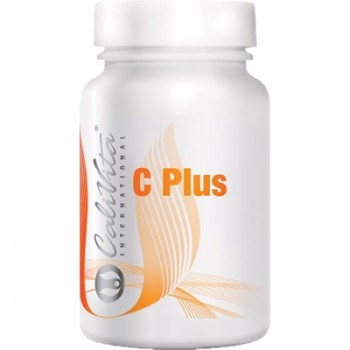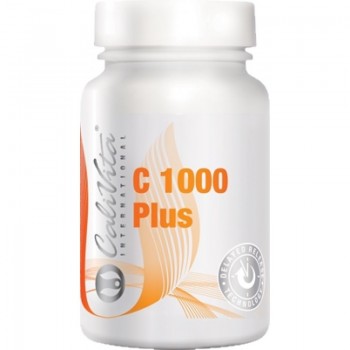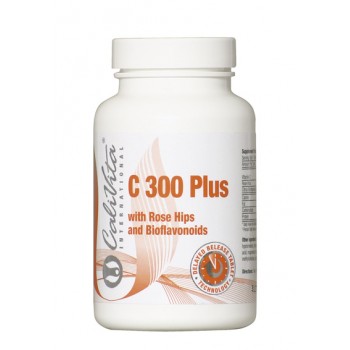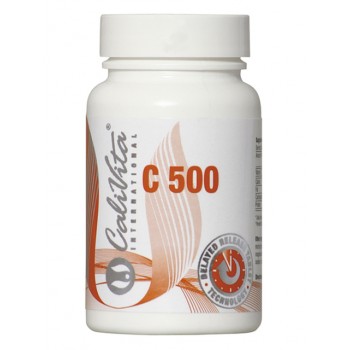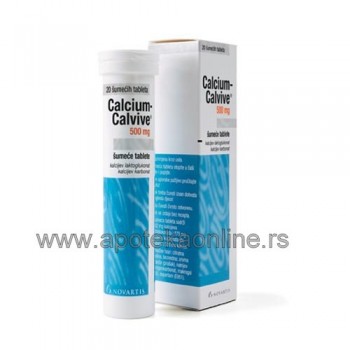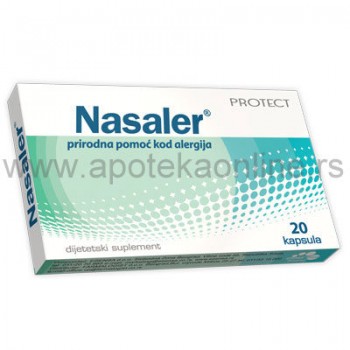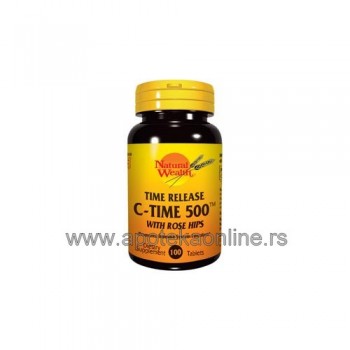Allergy to insects - page 3
Do you feel anxious every time you are outside because of the fear of insect allergies? Does this allergy make it impossible for you to relax and fully enjoy natural beauty? We have a solution for you! Our product range provides effective and reliable protection, bringing immediate relief from symptoms.With our products, you can feel safe and protected wherever you are. Allergy to insects no longer has to be an obstacle to enjoying nature - with our solutions, allergic reactions become a thing of the past.Allow yourself to carefree enjoy every moment spent outside, without fear of unpleasant allergy symptoms. Improve the quality of your life with our products, adapted to your specific needs.According to the experiences of our users, as many as 95% of them report a significant reduction in symptoms. Discover what it's like to live freely, without fear of insect allergies, with our products.Allergy caused by a mosquito bite
Children are especially sensitive to mosquito bites, so they often experience swelling and redness at the bite site. The eyelids and places where the skin and mucous membrane meet are especially prone to swelling. Due to severe itching, children scratch themselves creating scabs that can become infected. If the swelling is pronounced or if there have been a large number of bites, it is recommended to give antihistamines - which will reduce itching and swelling, as well as applying antihistamines in the form of a gel to the bite site.Allergy caused by bee, wasp, hornet stings
A bee or wasp bite is, unlike a mosquito bite, very painful, and the swelling at the site of the sting is almost always very pronounced. Usually the hands and feet are affected. The most dangerous stings are on the neck and head, especially on the face and around the lips, because those parts are highly blood-stained, so the venom from the stinger quickly enters the bloodstream.Wasps and hornets leave a sting, so they can sting multiple times, and their venom is stronger than that of bees. Redness and painful swelling appear at the site of the sting, and in sensitive persons a more severe systemic reaction may develop (hives, vomiting, diarrhea, difficulty breathing, up to collapse and loss of consciousness), which can be life-threatening for a person sensitive to bites. .It is ideal to immediately put ice on the bite site, so the pain and swelling will be less, proceed as with a mosquito bite.Allergy caused by a tick bite
The best protection against ticks is if you smear yourself with some essential oil with a strong smell before going out into nature. After returning home, be sure to examine your entire body, from head to toe. A tick is seen on the skin as a small, black, foreign body, like a protruding mole. Itching and redness of the skin may occur at the site of the bite. It should not be torn and plucked, nor should it be killed before you go to the doctor. The tick can be infected and transmit the causative agent of Lyme disease.Flea bite allergy
FLEAS are a common occurrence in the countryside. They love dust, but so do pets. Fleas "graze" delicate children's skin, so the bites are grouped in clusters, they are not excessively large (up to 1 cm), but they are very itchy. They can last ten days (sometimes longer). Treatment is similar to that for mosquitoes, and serious problems rarely occur.Allergy caused by a spider bite
Spiders rarely cause serious problems. Similar to mosquitoes, swelling appears at the site of their bite, but slightly larger and harder and lasts a few days longer. So the treatment is the same. It goes without saying that you should remove all spiders in the room where the child sleeps.What attracts insects?
The most risky group are people who spend a lot of time in nature, in the field, on the river, all those who are in frequent contact with insects.High temperatures, sweet fruits, ice cream, sweet drinks, brightly colored clothes, strong scents of soaps, lotions, creams and perfumes.Allergy symptoms caused by insect stings
Hives (red marks on the body)
Swelling
Nausea
Vomiting and diarrhea
Hard breathing
Playing in the chest
Difficulty swallowing
Allergy caused by insect bites - TREATMENT
In the event that a person is prone to allergy to insect stings, he should adhere to the following measures:Immediately remove the stinger with your fingernails or tweezers (if any remain).
Apply a cold compress or apply a cooling spray to the puncture site.
Apply emergency treatment quickly (always have ready: adrenaline injection, antihistamine, corticosteroid).
Avoid quick movements to drive away insects, because then they become more aggressive.
Avoid intense scents (perfumes, sun creams, lotions) because they attract insects.
Avoid flower gardens, orchards.
Do not eat fruit and sweet food outdoors.
Protect exposed parts of the body when outside.
Do not walk barefoot on the grass (bees, for example, like clover).
Avoid loose, loose clothing (insects can crawl in) and brightly colored clothing.
Avoid physical exertion (the smell of sweat attracts insects).
Always cover sweet food and garbage cans.













